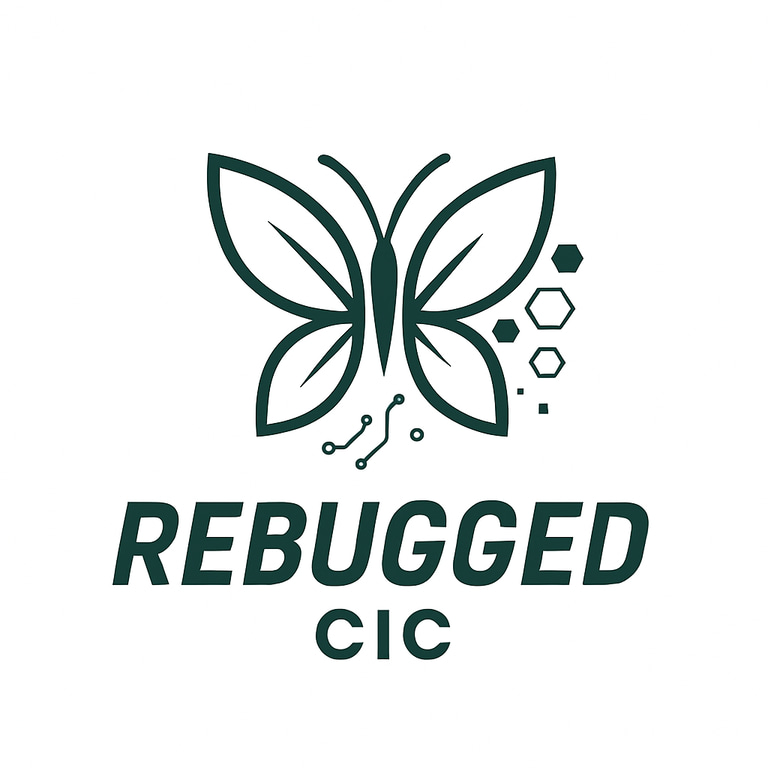Why Wasps and Hornets Matter
Wasps and hornets (members of the order Hymenoptera, like bees and ants) are often feared or swatted away. But these insects are critical to ecosystem health, pest control, and even pollination. This post busts myths and highlights why we need to protect, not persecute, our waspy neighbours.
Michael Ramsey
7/8/20251 min read


Protecting insect biodiversity
🔍 What are wasps and hornets?
Wasps: Broad term covering solitary and social species in families like Vespidae, Ichneumonidae, and Sphecidae.
Hornets: A type of large social wasp (Vespa spp.), e.g. European hornet (Vespa crabro).
Most wasps are non-aggressive, and less than 1% of species sting humans.
🌿 Ecosystem Roles
1. Natural Pest Controllers
Predators and parasitoids of caterpillars, aphids, beetles, and flies.
Solitary wasps lay eggs inside or on prey — a natural insecticide!
Social wasps feed colonies with insect prey — up to 14,000 prey items per colony per summer (e.g. Vespula vulgaris).
🧪 Example: Wasps reduce crop pests like cabbage white caterpillars (Pieris brassicae) in home gardens and farms.
2. Pollinators (Yes, really!)
While not as hairy as bees, many wasps visit flowers for nectar.
Crucial for pollination of figs, orchids, and wild plants.
Some fig species rely solely on fig wasps for reproduction — a textbook example of co-evolution.
🌸 Fact: Polistes paper wasps regularly pollinate milkweed, goldenrod, and wild mint.
3. Biodiversity Indicators
Sensitive to habitat changes — good indicators of ecosystem health.
Declines in wasp diversity often reflect broader biodiversity losses.
⚠️ Common Myths Debunked
Myth: Wasps are pointless pests
Truth: Wasps are top-level insect predators and pollinators.
Myth: They sting for no reason
Truth: Most stings occur when nests are disturbed; solitary wasps rarely sting.
Myth: All wasps are yellow jackets
Truth: There are over 9,000 wasp species in the UK alone. Most don’t resemble yellow jackets.
🛠️ How You Can Help
Don’t destroy nests unless absolutely necessary.
Plant nectar-rich flowers: Wasps love fennel, angelica, ivy, and umbellifers.
Avoid pesticides — they harm beneficial wasps.
Leave dead wood and bare soil for solitary nesting species.
🌿 Tip: Ivy in autumn is vital for feeding late-flying wasps.
📚 Want to Learn More?
Sumner (2022). Endless Forms: The Secret World of Wasps
Rebugged Says:
Wasps and hornets aren’t villains, they’re the unsung heroes of healthy ecosystems. Let's rebug our attitudes and give these misunderstood insects the credit they deserve.
Rebugged CIC
Empowering communities to protect and restore insect biodiversity through through education, rewilding, and citizen science.
Keep Informed
Email: info@rebugged.co.uk
Registered Address: Rebugged CIC Allia Future Business Centre, London Road, Peterborough, PE2 8AN
© 2025. All rights reserved.
ICO registered company: ZC007208
